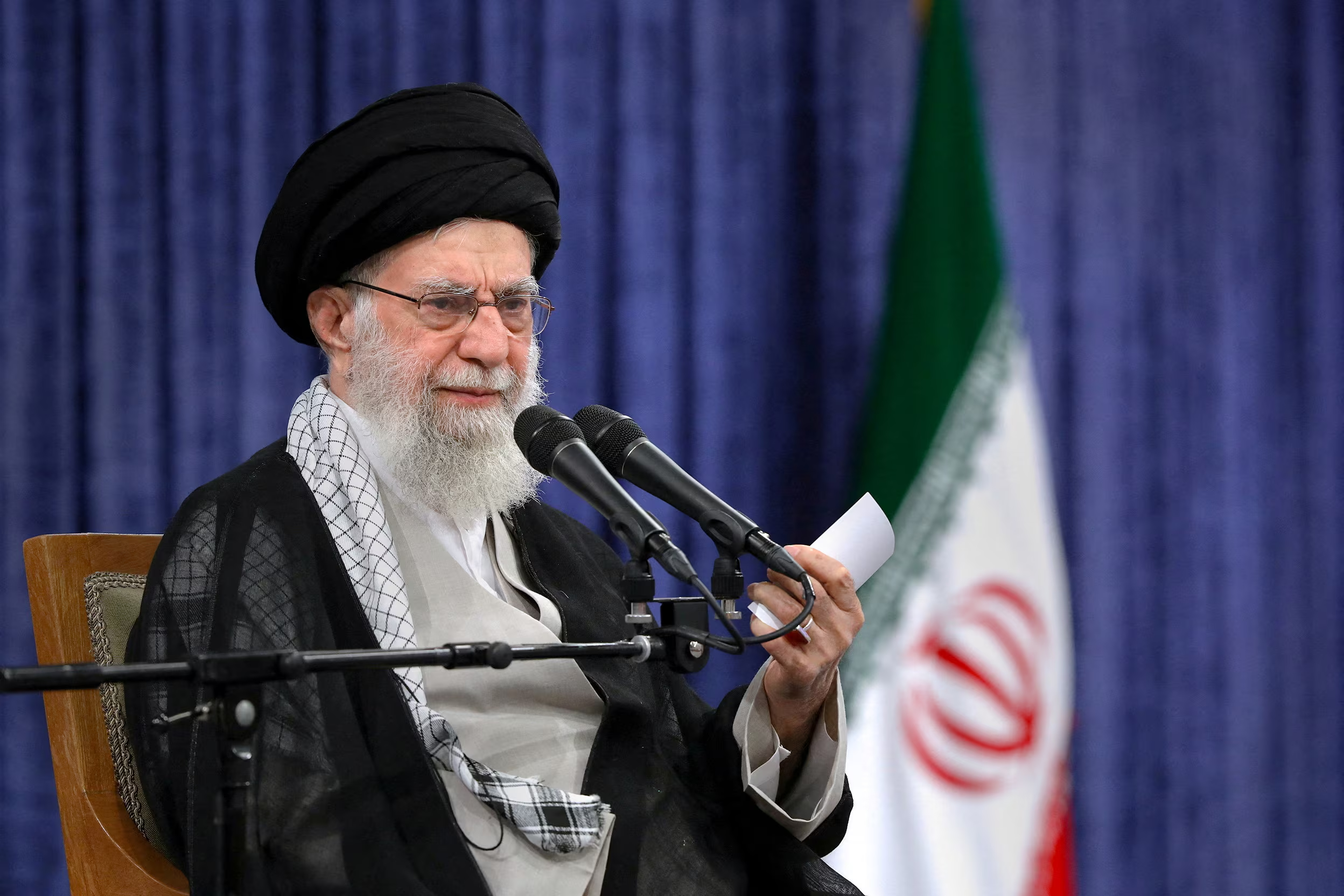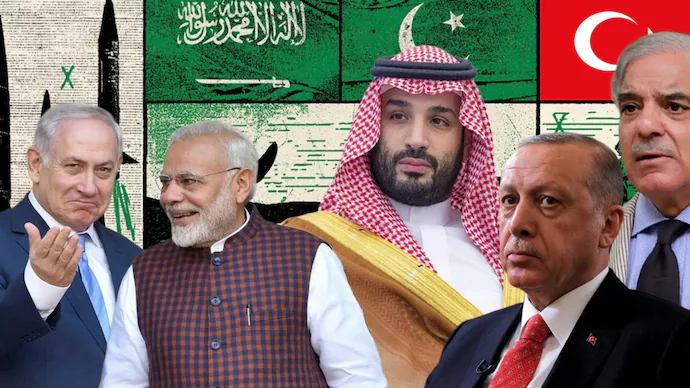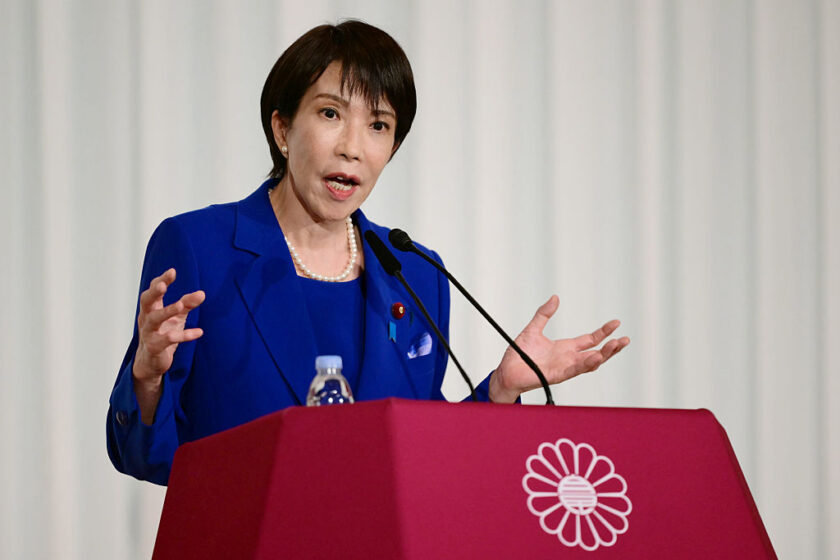Tehran: In his first public appearance since a truce with Israel took effect, Iran’s Supreme Leader Ayatollah Ali Khamenei on Thursday issued a stark warning to the United States, declaring that Iran had “slapped America’s face” with its missile strike on a U.S. air base in Qatar and vowing that future retaliation could follow.
Speaking on Iranian state television, the 86-year-old leader appeared visibly fatigued as he delivered a ten-minute address condemning recent U.S. and Israeli strikes on Iran’s nuclear infrastructure. Khamenei downplayed the damage claimed by U.S. President Donald Trump, stating the attacks had failed to cause any significant disruption to Iran’s nuclear ambitions. “They were unable to accomplish anything noteworthy,” he said, omitting direct references to the condition of Iranian centrifuges.

The White House dismissed the remarks, with Press Secretary Karoline Leavitt accusing Khamenei of trying to “save face,” adding that the precision strikes had “achieved enormous success.” This view was partially echoed by UN nuclear watchdog chief Rafael Grossi, who stated the damage to Iran’s nuclear facilities was “very considerable,” though he stopped short of calling it total destruction. Grossi also revealed that the International Atomic Energy Agency (IAEA) had been denied access to assess the sites independently.
Khamenei alleged that the U.S. entered the conflict only to “rescue” Israel from a potential collapse. “They went into the war to save them, but gained nothing,” he said, while threatening that Iran could strike other U.S. bases in the region “whenever necessary.”

Despite recent escalations, signs of de-escalation have begun to emerge. Tehran reopened parts of its airspace on Thursday, and daily life is gradually returning to normal. Shops have resumed operations and traffic has returned to the streets of the capital.
However, the human toll of the brief but intense conflict remains severe. Iranian authorities report over 600 deaths and more than 5,000 injuries. Independent estimates suggest the real numbers may be higher, with hundreds of civilians and security personnel among the dead. Israel, in turn, reported 28 fatalities and over 1,000 injuries during the 12-day conflict, during which Iran launched nearly 550 missiles—most of which were intercepted.
While there is cautious hope for diplomatic progress, including potential U.S.-Iran talks next week, Iran’s Parliament has taken a hardline stance—voting to speed up a bill that would severely restrict cooperation with the IAEA, a move that could complicate efforts toward a lasting resolution.









